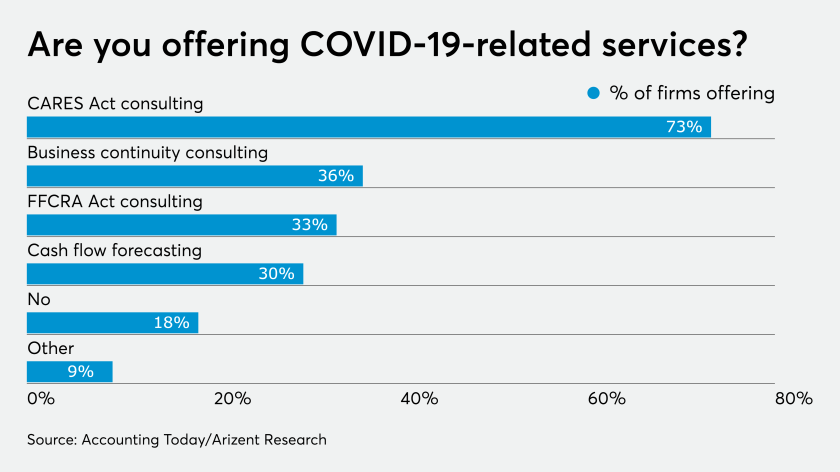WASHINGTON — Five federal banking agencies and a trade group for state banking regulators issued guidance Sunday encouraging banks to make loan modifications for borrowers affected by the coronavirus.
The joint statement by the Federal Reserve, Federal Deposit Insurance Corp., Office of the Comptroller of the Currency, Consumer Financial Protection Bureau, National Credit Union Administration and Conference of State Bank Supervisors said banks will not be required to categorize those modifications as troubled debt restructurings.
The agencies said short-term loan modifications can include payment deferrals, fee waivers, extensions of repayment terms and other insignificant payment delays.
“The agencies view prudent loan modification programs offered to financial institution customers affected by COVID-19 as positive and proactive actions that can manage or mitigate adverse impacts on borrowers, and lead to improved loan performance and reduced credit risk,” the regulators said in the statement.

Bank examiners will “exercise judgement” in approving loan modifications, including TDRs, they said.
“Regardless of whether modifications are considered TDRs or are adversely classified, agency examiners will not criticize prudent efforts to modify terms on existing loans for affected customers,” the agencies said.
Loans that have been restructured will still be eligible as collateral at the Fed’s discount window, the regulators said.
Both pieces of legislation have caused sweeping changes to retirement planning and wealth management.
With the world going through a recession, stakeholders and investors of client companies will lean on accounting firms more than ever to maintain trust and confidence in their companies.
Europe’s top markets watchdog is warning companies against getting creative with financial statements that obscure the effect of the coronavirus pandemic on their bottom line.
The Fed has encouraged banks to use the discount window as the economic turmoil resulting from the coronavirus continues to threaten the U.S. economy. All of the banking regulators have encouraged financial institutions to dip into their capital and liquidity buffers in order to continue lending in any period of economic stress.
Also on Sunday, Treasury Secretary Steven Mnuchin previewed the details of a rescue package, raising questions about the gravity of the effect of the virus on the financial system. The package reportedly includes as much as $4 trillion of liquidity support from the Federal Reserve.
Politico also reported the Senate’s economic stimulus plan could authorize the Federal Deposit Insurance Corp. to guarantee business transaction accounts, similar to a program the FDIC launched in 2008.





